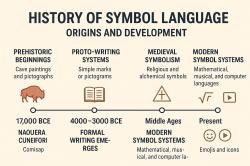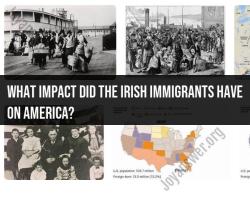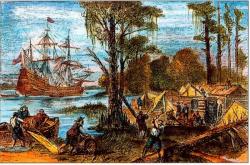When was Flag Day first observed?
Flag Day, celebrated in the United States on June 14th each year, commemorates the adoption of the American flag. Here's a historical exploration of the origins of Flag Day:
1. Early Celebrations:
- The tradition of celebrating the American flag's adoption dates back to the late 18th century. Early celebrations were often informal and local, taking place on various dates.
2. Birth of the American Flag:
- The American flag, often referred to as the "Stars and Stripes," had its origins during the American Revolutionary War. The Continental Congress adopted the first national flag on June 14, 1777.
3. Resolution of 1777:
- On June 14, 1777, the Second Continental Congress passed the Flag Resolution, which stated: "Resolved, That the flag of the thirteen United States be thirteen stripes, alternate red and white; that the union be thirteen stars, white in a blue field, representing a new constellation." This resolution marked the official birth of the American flag.
4. Early Celebrations in the 19th Century:
- The earliest known formal observance of Flag Day occurred in 1861 in Hartford, Connecticut, during the early months of the American Civil War. However, it was not yet a widespread national observance.
5. Influence of Bernard Cigrand:
- Dr. Bernard J. Cigrand, a Wisconsin schoolteacher, is often credited as one of the leading advocates for Flag Day. He devoted much of his life to promoting patriotism and advocating for an official Flag Day.
6. President Wilson's Proclamation:
- President Woodrow Wilson issued a proclamation in 1916 establishing June 14 as Flag Day. However, it was not yet a federal holiday.
7. National Observance:
- Flag Day gained national recognition in 1949 when President Harry S. Truman signed an Act of Congress designating June 14th of each year as National Flag Day.
8. Symbol of Patriotism:
- Flag Day has since become an important occasion to celebrate and honor the American flag as a symbol of freedom, democracy, and the nation's ideals.
9. Flag Etiquette:
- Flag Day is also an opportunity to educate the public about proper flag etiquette, including how to display and care for the flag.
10. Observance Today:- Today, Flag Day is celebrated with various events, including parades, ceremonies, and the display of the American flag in communities across the United States.
11. The U.S. Flag Code:- The U.S. Flag Code, adopted in 1923, provides guidelines for the proper handling, display, and disposal of the American flag. Flag Day serves as a reminder of these guidelines.
Flag Day serves as a meaningful reminder of the importance of the American flag in the nation's history and identity. It is a day for Americans to reflect on their love for their country and to honor the enduring symbol of the United States.












